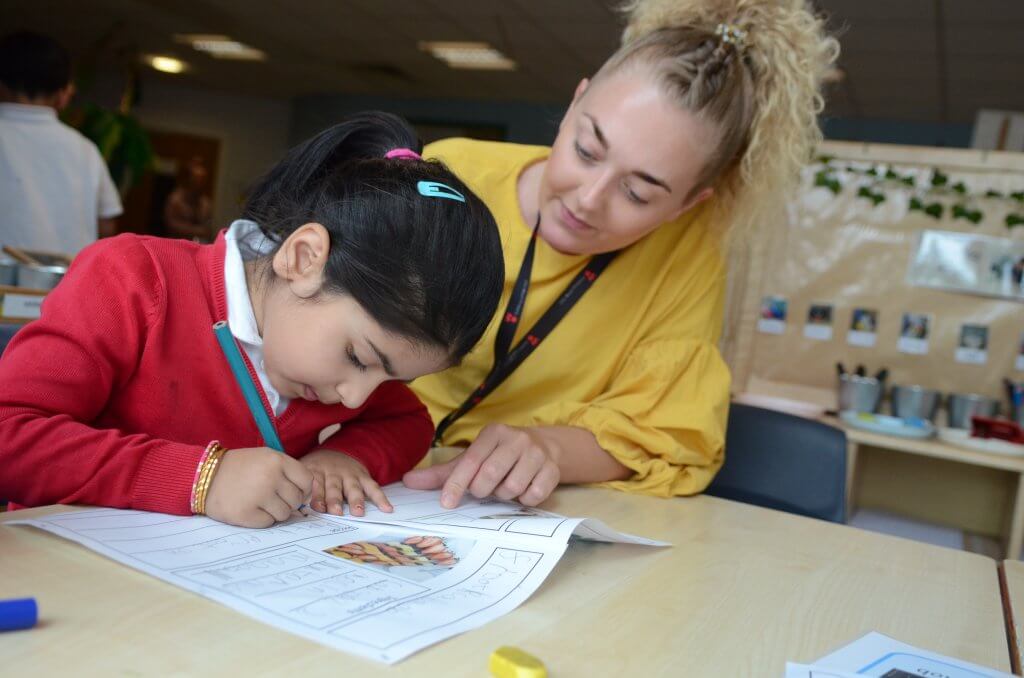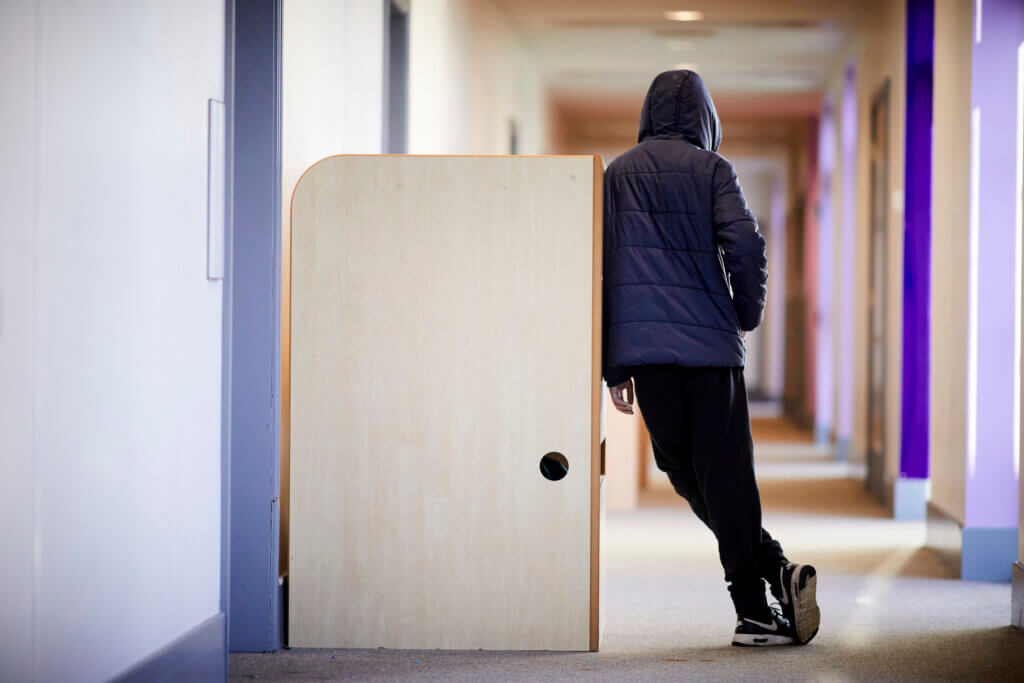How can Schools Support Fighting Knife Crime and Safeguard their Pupils?
Introduction into Knife Crime:
Knife crime is a growing concern across the country and has been expressed all over social media and the news, many might be wondering why?– after speaking to our close connection Matthew Norford, who previously ran a gang in South Manchester, the facts are that knives are quiet, easy to use and much more accessible than guns. Almost every person owns a knife within their home, or can easily walk into a shop and purchase one if over the age of 18 in the UK. Detective chief superintendent Mick Duthie states that you can walk into a kitchen and have immediate access to a variety of lethal weapons. Because of this, due to the fact that we simply cannot physically stop young people from having access to knives, it’s about raising the awareness of the dangers and consequences that carrying a knife can bring (2).
What can schools do to raise knife crime awareness?
Following on from Mick Duthie’s advice, schools need to do their part in fighting knife crime by raising awareness! There are many ways in which you can do this.
- Firstly, make your pupils aware of knife crime and let them know who to report to and why they should report if they have any concerns.
- Refer to the law – it is against the law to carry a knife in public or to use a knife in a threatening way.
- Make pupils aware that staff within school can search a pupil and their belongings if they have a reason to believe they are carrying a knife.
- Publish your schools tolerance on carrying a knife.
- Let pupils know that they will have to leave school premises immediately and that they are highly likely to be permanently excluded from school.
- Some of your schools may have connections with the police – use their knowledge of knife crime to educate your pupils.
- Invite your police liaison to do knife crime talks within your school, can they be active around the corridors and on the gate entrance in the morning? Get the word out that bringing a knife into school will not be taken lightly and may lead to permanent exclusion from the school and remain on their record for other schools to see.
- Bring in external help – there are organisations such as 1message who is run by Matthew Norford as previously mentioned, he is a rehabilitated gang leader who now works to support and safeguarding children. 1message can work 1 on 1 with pupils or present talks to school to raise awareness of gangs and knife crime.
- Use powerful presentations and speeches to get the point across – ask your pupils the question: how would their parents, friends, sports coach, sisters, brothers, grandparents feel if they lost you? So why should they take anyone else away from their loved ones?
What can school staff do?
OFSTED states that schools can safeguard their children from knife crime by sharing information and concerns, referring young people to relevant professionals, building relationships with the community and families(6), and by educating parents about the dangers of knife crime and signs to look out for in their children’s behaviour and changes to their physical appearance.
Supporting your pupil’s
- “No-one needs to go knife free alone(1)” ensure that your school can support young people who do not feel safe on the street without one.
- Get your pastoral team to let pupils within your school know that they can talk to you about anything.
- Encourage children to take part in and channel their energy into sport’s, art and other activities that are positive. Help young people to find what they enjoy… Are they creative? Are they athletic? Do they want to meet new people?
Where to refer young people that are exposed to knife crime?
If a young person has disclosed to you that they themselves frequently carry knives out of school or know someone who does, you can refer them to specialised places for advice and support:
- Fearless is an anonymous service where individuals can report a crime without disclosing any personal details(4).
- Victim support is also a service which is available to provide free and confidential support and advice for both young people as well as teachers and professionals who are involved within crime(5).
What do schools need to take into consideration?
Some children will be exposed to peer pressure, therefore, as a school you must empower young people enough so that they can make their own decisions and let them know they don’t need to do anything they don’t want to.
Encourage young people to try and stay away from situations that they know are likely to result in conflict or violence.
The Consequences of Carrying a Knife
Carrying a knife can go horribly wrong, it can have devastating personal effects on all parties and the victims of knife crime(1). As a school, raise awareness of the consequences that young people will face when carrying a knife, such as: they may seriously hurt themselves or others, they may have a criminal record or be arrested. In addition to this, make pupils aware that by carrying a knife, they are putting their future in danger(1). Many young people say the reason they carry a knife is to protect themselves and to feel safer, however carrying a knife can quickly spiral out of control and make a bad situation, much worse(1). Get the message across to young people to not allow carrying a knife hinder and restrict their future!
Whilst many young people state that they carry a knife with no intention to kill or harm anyone, it’s the reality of what can happen. Mick Duthie argues that carrying a knife shows that you have an intention to seriously hurt another(2) and you are therefore risking everything, including prison(1).
The harsh reality is that when someone is killed through knife crime, it effects everyone around the perpetrator, the victim and the family. Words from a family support workers mouth “I have worked with so many families where they have lost a loved one due to a single stab wound – this seems so senseless”(3)
Carrying a knife can result in up to 4 years in prison, even if you don’t use it! You will also have a criminal record(1). Statistics show that employers are less likely to hire someone with a criminal record(1) so inform young people to not restrict their career opportunities.
Key messages to take away and instil into your young people
The final line is, inform young people that if a knife crime results in a fatality, you are not the only one who will be serving a life sentence, the loved ones from whoever was murdered will also be facing their own life sentence.
Let young people know they are risking their future.
Let your pupils know that if they do carry a knife, they can change and stop now. Spread the message that stopping carrying a knife will take courage but will also benefit you in many ways – join the millions of people who go knife free every day(1).
Further Information:
If your school would like to become more aware or knowledgeable of knife and gang crime, then we are conducting a morning briefing with Matthew Norford at Heald place on the 22nd of May. We will be releasing further information regarding this shortly on our website.
Matthew has also confirmed that he will be one of our key note speakers for our safeguarding conference for early next year.
References Used:
ABOUT THE AUTHOR
Sophie has a degree in Child Health and Wellbeing and has worked in a voluntary capacity with RDA and as a Group Leader for NCS. This has given her experience of working with special needs students as well as those with challenging behaviour.
Please get in touch or visit this page for more information.












